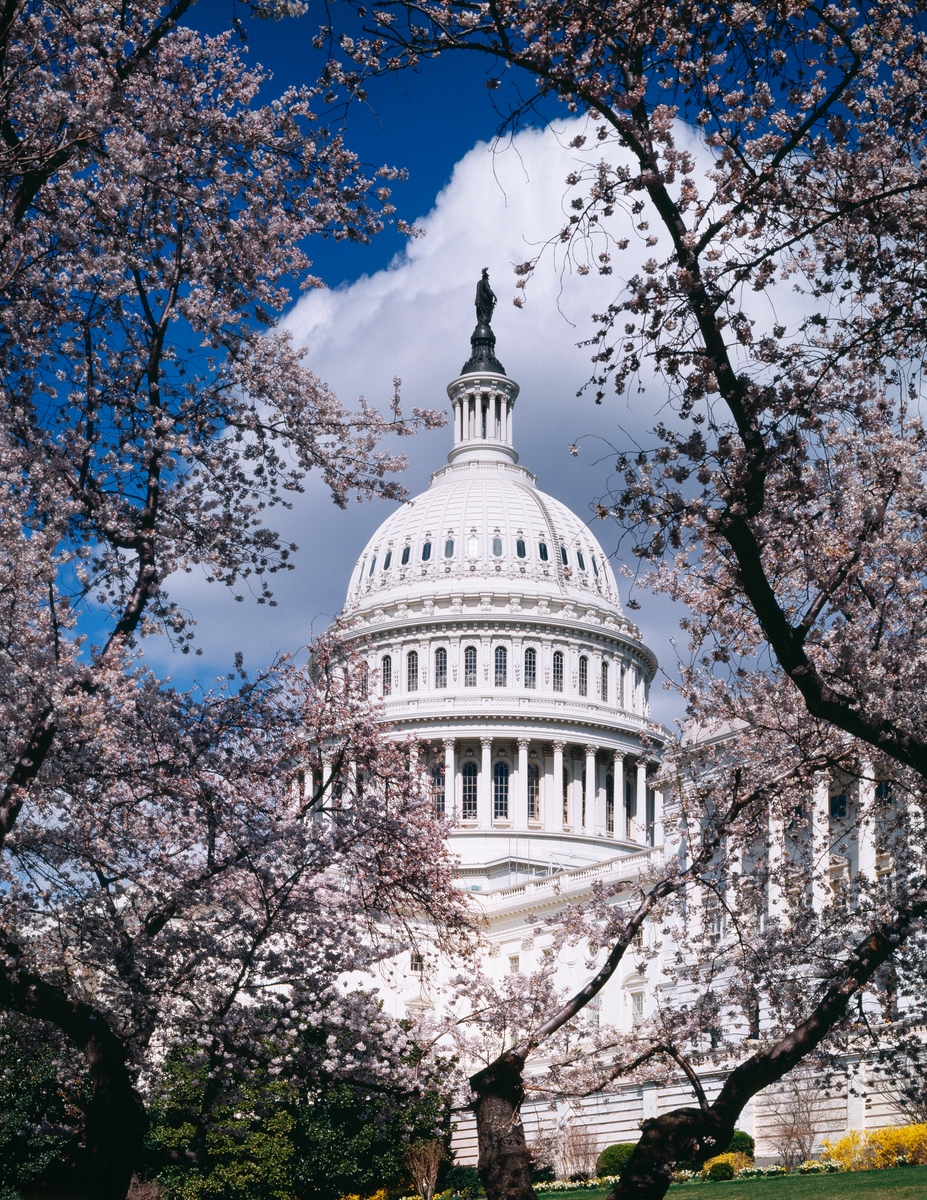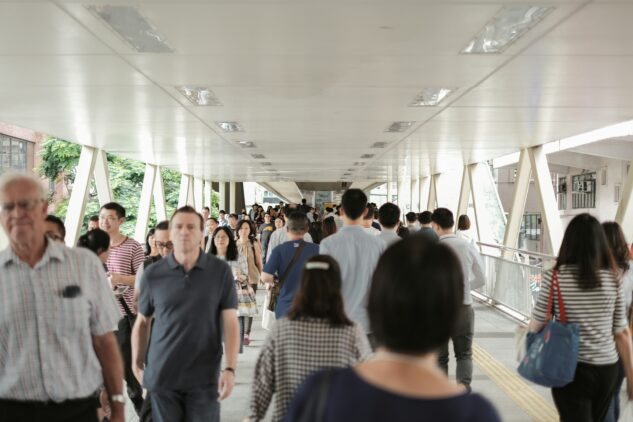In the coming months, we will begin to see the outcomes events that will shape the biggest trends in immigration in 2024.
Among these are elections, with two billion people around the world due to cast their vote at some point this year – but there are also other factors affecting immigration around the world in 2024, including global conflict and unrest, social upheaval, the environment, and new policies that are changing how people live and work in countries not native to them.
All of these factors drive change. And while change can pose challenges, it can also create exciting opportunities for investment and development. Here, Roberta Carnaccini, our Global Director of Immigration, shares her thoughts on a year of upheaval and turmoil for immigration.
From the Solomon Islands to the USA and from India to the UK, elections have either taken, or are taking, place – with immigration high on the political agenda in so many territories.
To that end, a lot of countries are holding still to see who is elected as it may lead to a shift in, or confirmation of, immigration policies, depending on whether political power is retained or transferred. One latest example is the UK, where the current government is looking to make changes within its immigration regulations, starting with a higher degree of scrutiny on the accompanying family members of students and care workers. The political rhetoric that emerges during campaigns also has a bearing on whether people want to move to these countries or stay where they are, depending on who takes power.
Expats, or people managing relocators, need to consider their assignees, where they are living now and how victory for one party in an election might mean a very different outcome for them than victory for another party. For instance, former president Trump’s administration in the USA saw certain nationals were either banned or needing to provide more evidence of the country needing their skills in order for them to be able to work and reside there.
Mobility may well be restricted because of new policies in potential host countries. For now, it may mean a slightly uncomfortable period of sitting tight and seeing what develops after the votes have been counted.

The impact of war
Political turbulence also extends to global conflict, an arena which sadly shows no signs of slowing down. Alongside the high-profile wars that are seen in the media, there are many more forgotten conflicts, all of which lead to a significant degree of displacement of people, such as in Yemen and Syria.
The effect of this displacement becomes more prominent everywhere, because the impact of the wars is noticeable in other countries from an immigration perspective. It even filters down to affecting how a country can import or export goods, based on how their economies must adapt to shifts in population demographics. The biggest example of all is Brexit, with the UK now struggling to find staff for low-paid jobs like fruit-picking or paying a high premium for certain fruits and vegetables, not to mention the importing of popular products like champagne or Parmesan cheese.

Social change
Poverty and corruption are a big driver for people wanting to leave their home country, whether this is done legally or illegally. Where they wish to travel to is often defined as a safer country where there is work available and assistance to poorer members of society. However, vicinity is also important; a lot of immigrants may not want to travel into the country that is nearest to them, but it is simply a case of it being the closest and safest country to their own country’s border. This is certainly the case with Latin American immigrants using Mexico as a pass-through country before crossing into the USA but also Libya being used as a passage into Europe.
Environmental factors play a part too. Some countries are too hot and parts of their population are moving away from areas that have been hit by droughts to places where water is more plentiful or conditions are more bearable.
Policy changes
Generically speaking, each country has its own take on immigration. But a trend that is likely to remain worldwide is that highly skilled individuals will always be welcomed. There may be restrictions to this, such as certain countries not wanting to receive same-sex or unmarried couples, but in general, where there is a shortage of workers in a particular field, degrees of leniency may be shown.
One such sector is healthcare, which is a sector in constant need of employees around the globe. Some countries offer particular incentives to emigrate to them and work in this sector; those moving to Germany, for example, receive free lessons in how to speak the country’s mother tongue, which will help them communicate more effectively with patients.
While a degree is not an absolute necessity for a relocation or assignment elsewhere in the world, the trend for them makes them a privilege for people who make a certain amount of money. By the same token, possession of a degree also preserves the local market salary thresholds and does not therefore promote cheap labour.
Work from anywhere
The ‘digital nomad’ visas that have been implemented in approximately 90 countries around the world, including latterly Italy and Japan, allow people to work in a country when their employer does not have a base there, using just a laptop and an internet connection.
Italy was a natural choice to introduce the digital nomad visa, as it is a country where a lot of people would like to live. They implemented the visa using Article 27 of the European Immigration Regulation which allows people to enter the country as long as they earn a particular salary and can establish themselves as a freelancer, which disrupts the notion of the digital nomad as being a backpacker.
Countries are keen on digital nomads because they offer a way to encourage workers to their country who will then spend money while they are there.

Because of the desire to live in nice locations, the popularity of the concept is spreading around even further around the world in 2024, with Caribbean countries also set to take advantage of welcoming more nomadic workers.
It is important to note, however, that immigration compliance is not the only element to be wary of when looking at employing digital nomads; the possibility of incurring a tax liability – for the individual and for the company – should also be considered.
Managing the demands of the future
When the dust has settled on all of the elections taking place around the world, we should have a clearer picture of what this means for the global immigration picture. Combined with other geopolitical, societal and policy-driven shifts, there will be a lot to take in.
Whether you're looking to relocate yourself, or managing people who do, we're available to talk about immigration and moving overseas.